Trauma Therapy & Help for PTSD
Houston PTSD and Trauma Therapy Services
At Prasad Counseling, we understand that the impact of trauma and PTSD (Post-Traumatic Stress Disorder) can be profound and far-reaching. We are committed to providing compassionate and effective treatment to help individuals heal from traumatic experiences. We help people regain control of their lives.
Understanding PTSD and Trauma
Trauma can happen from accidents, disasters, abuse, violence, or losing someone close to you. PTSD is a mental health condition that may develop after experiencing or witnessing a traumatic event. People with PTSD may suffer years or decades without seeking treatment from a mental health professional.
Symptoms of PTSD can include:
- Intrusive thoughts and flashbacks
- Nightmares and disturbed sleep
- Avoidance of reminders of the trauma
- Hypervigilance and heightened anxiety
- Emotional numbness and detachment
- Difficulty concentrating and memory problems
If you or someone you know is struggling with these symptoms, it’s essential to seek professional help. At Prasad Counseling, we offer specialized services designed to address the unique needs of individuals suffering from PTSD and trauma.
Benefits of Trauma Therapy
Our Individual Trauma Therapy options work to support people who have experienced traumatic events. Several types of trauma therapy options are available.
- Personalized Treatment Plans: We create customized treatment plans tailored to each client’s specific needs and circumstances.
- Evidence-Based Approaches: Our therapists use proven methods such as Cognitive Processing Therapy (a form of Trauma-focused Cognitive Behavioral Therapy/CBT), Eye Movement Desensitization and Reprocessing (EMDR), and Pro-Longed Exposure Therapy (PE).
- Safe and Confidential Environment: We provide a secure and confidential space where clients can explore their feelings and experiences without judgment.
- Family Involvement: Trauma affects not only the individual but also their loved ones. Family therapy helps families understand and support each other through the healing process.
- Strengthening Relationships: By addressing the impact of trauma on family dynamics, we help improve communication and strengthen relationships.
- Holistic Approach: Our trauma-informed care considers the whole person, acknowledging the impact of trauma on all aspects of life.
- Empowerment and Safety: We prioritize creating an empowering and safe therapeutic environment, fostering resilience and self-efficacy.
Mindfulness and Relaxation Techniques: Techniques such as mindfulness, meditation, and relaxation exercises are integrated into therapy to help clients manage stress and anxiety.
Do I have trauma?
“Do I have trauma reactions?” I can help you answer this frequently asked question through thorough self-report and interview-based assessments. Symptoms of trauma can include:
- Feeling as though you are re-experiencing the trauma (nightmare and/or flashbacks)
- Being easily startled by a sudden noise or a certain sound or activated by a particular smell
- Avoidance of anything that is a reminder of the incident
- Negative emotions such as anger or having an emotionless “flat” response to situations.
Bill Prasad is one of a few Johns Hopkins Certified Trauma Clinicians (CTC). In addition, he is trained on two top trauma therapies as identified by the American Psychological Association:

EMDR treatment
Eye Movement Desensitization and Reprocessing is a powerful method of psychotherapy that is accepted by the U.S. Department of Veterans Affairs, Department of Defense and the United Kingdom Department of Health. Studies consistently find that EMDR for PTSD can effectively decrease/eliminate symptoms of trauma for the majority of clients.
EMDR affects the way the brain processes information helping a client file away past experiences instead of reliving them. Following a successful EMDR treatment a client no longer relives the images, sounds and feelings triggered by trauma. For more information go to: www.emdria.org.
Pro-Longed Exposure Therapy
This treatment exposes clients to imagery of their traumatic memories, as well as real-life situations related to the traumatic event, in a step-by-step, controllable way.
Through these exposures, clients learn to confront the trauma and think differently about the event. This leads to a marked decrease in levels of anxiety and other PTSD symptoms. Pro-Longed Exposure Therapy is recognized by the U.S. Department of Defense (DOD), The University of Pennsylvania, and the National Center for PTSD.
Cognitive Processing Therapy
CPT is a highly effective type of Cognitive Behavior Therapy that reduces or eliminates symptoms of trauma. CPT is delivered in-person or virtually over approximately 12 to 16 sessions two times a week. It helps patients overcome the debilitating influence of trauma by challenging and modifying painful beliefs that keep them stuck. CPT is recognized by the DOD, National Center for PTSD and The Headstrong Project.
Trauma and substance abuse often go hand-in-hand. Those wrestling with anxiety, irritability and sleep problems ignited by trauma often seek relief with alcohol and other drugs. Often, the result is guilt, shame and relapse. My experience as an addictions counselor and trauma clinician can help you move from relapse to recovery.
When working with veterans and active-duty personnel, Bill has coupled with The Headstrong Project to provide evidence based, free and effective treatment for the men and women who have serve our country.
If you feel you may be dealing with the effects of trauma or PTSD, we encourage you to seek out help. You do not have to endure these issues all on your own. Contact Prasad Counseling to learn how our trauma therapists can help. Feel free to send us a message online or you can call us at 281-948-3322.


